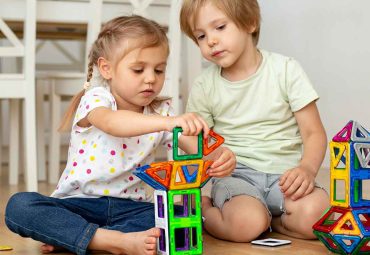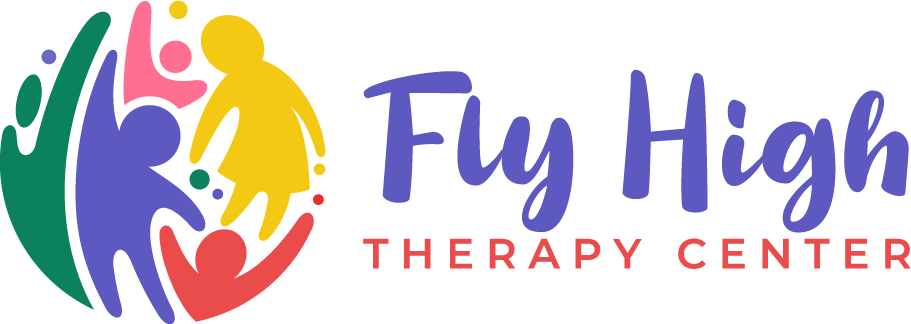Evaluation Speech
Evaluation speech therapy is a specialized assessment process aimed at identifying speech, language, and communication disorders in children. It focuses on evaluating a child’s ability to articulate sounds, understand and use language, and communicate effectively. The evaluation includes standardized tests, observations, and interviews to assess various aspects of speech and language development. It is designed to identify any delays or disorders early, allowing for timely intervention.
Evaluation of speech therapy is essential for ensuring that children receive the necessary support to develop effective communication skills, which are crucial for their academic success and social interactions.
- Identifies speech and language disorders in children through comprehensive assessments
- Focuses on evaluating articulation, language comprehension, and communication abilities
- Involves standardized tests, observations, and interviews to gather a complete picture
- Supports early detection and intervention to enhance communication skills in children.


Our Specialized Therapy Approach
At our clinic, we take a comprehensive and individualized approach to evaluation speech therapy. We aim to accurately assess and understand each child’s unique communication needs. We use a combination of standardized assessments, clinical observations, and parent interviews to gather a complete picture of the child’s speech and language abilities. This thorough evaluation allows us to identify any speech, language, or communication disorders early on, enabling us to create a customized therapy plan that meets each child’s specific needs.
Our experienced therapists are dedicated to providing compassionate care and evidence-based interventions to help children achieve their full communication potential.
Evaluation speech therapy is designed to assess a child’s speech, language, and communication abilities to identify any potential disorders or delays. The goal is to gather detailed information to create an effective treatment plan customized to the child’s needs.
The length of an evaluation session can vary depending on the child’s age and the complexity of the assessment, but it generally takes between 60 to 90 minutes.
During the evaluation, the therapist will conduct standardized tests, observe your child’s communication skills, and ask questions about your child’s development. The therapist may also engage your child in play-based activities to assess speech and language in a natural setting.
After the evaluation, the therapist will review the results with you, discuss any identified issues, and recommend a personalized therapy plan. You’ll have the opportunity to ask questions and discuss the next steps for your child’s treatment.

